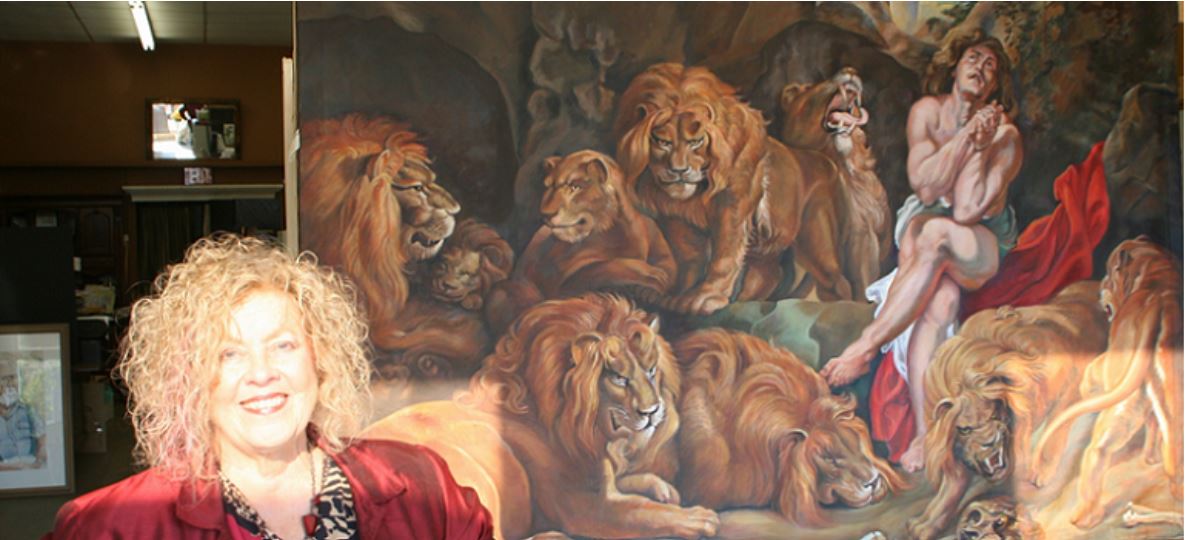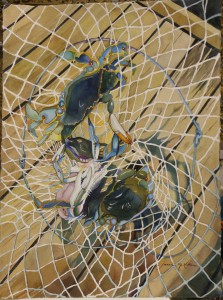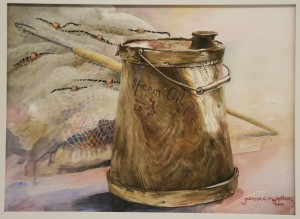For me, the days I write poetry kiss the ordinary with extra.
From the start, I enter a zone, oxygenated, fresh, a walk into the new or into the old with new sight. It is at once a fragile state and tensile strong. I begin with a touch of fairy dust, proceed into intense struggle, and emerge with a secret stash.
Are the works good, great, or perfect? Of course not. Those adjectives don’t really apply. Does it speak? Is the voice clear? Does the string hook you and pull you in? Does the silk envelop and lift? Those are better questions, along with myriad others.
This week, my husband’s brother Robert requested the rights to publish the poem I wrote to his, my husband’s, and their brother James’s father who died not many years ago.
Of course I said yes. Most poets would, and I liked this poem and writing and re-writing it very much. I was excited when Jonathan Kevin Rice accepted it into the Iodine Poetry Review, accepted some suggestions he made, and then was more than happy to see it published there. See my earlier post which contains the poem.
I promised in still another post to let you see two winners I had in the North Carolina Poetry Society’s Pinesong Awards 2017. Here they are.
Poetry of Witness, 2nd Place
His Time Has Come
Silently I stand, too young
to speak, only listen, see,
I am the accidental witness
to your race. How does one
so young see it all–your car
racing him head to head
down the road–his car flips
over and over, crashes near
me, but others reach you quicker,
try to pull you from the wreck,
your neck is broken; you are
a young black man I do not know.
I mourn, cry for the life you
never had, and now I see
the car that raced you–white
one with a stripe, return
from the opposite direction,
as though a first responder.
This time his lights are flashing;
he wears official clothes,
exits his squad car to take
charge, file white papers,
end the race he had begun.
He glares, warns me off.
That was then. Now I am
old; my voice returns.
I loved the Judge’s comments, Ray McManus, who said in judging he looked for two possibilities, validation and revelation. He said when poems do this, we don’t just read them, but feel them. He said “His Time Ha Come” was a tight-set poem that explores the agony of silence in our youth and how, in time, that voice returns. He liked especially that the poet leads to the revelation but leaves to the reader to imagine how the voice will return.
Here is the second one:
Up from the Cape Fear
Mary Ruffin Poole American Heritage Award, Third Prize
From my upstairs window looking down, I see
a snake stretched out on sun-warmed gray stone.
Groggy from an afternoon’s nap, I think, charcoal,
round. What type of snake is this who sits upright, walks
on ground, like the serpent in Eve’s garden, neck high;
body spans entrance wing to wing in late summer sun.
Small head, I think, a black snake, or even a racer,
crawling on distended belly, full of rat. My son–
I am thick with sleep that won’t recede–he leaves
tomorrow for duty in Iraq. I see it as an omen.
Mesmerized, I watch, hypnotized by a snake
whose body is bigger, fuller, rounder than his head
who stretches out at 18 feet here in old N.C. We
entertain strange snakes that slither up from Cape Fear.
An albino moccasin, yellow underbelly, once
migrated up the banks of the dry river bed searching water
found us, his eyes red hot coals under the car. Head
raised, he slid aggressively toward us; this one lumbers.
Took two years’ research and a park ranger to discover
we harbored a Vietnamese cobra by our front door.
It’s okay, they don’t use other snakes’ holes;
they’ll keep wandering, looking for their own.
Learn more »


